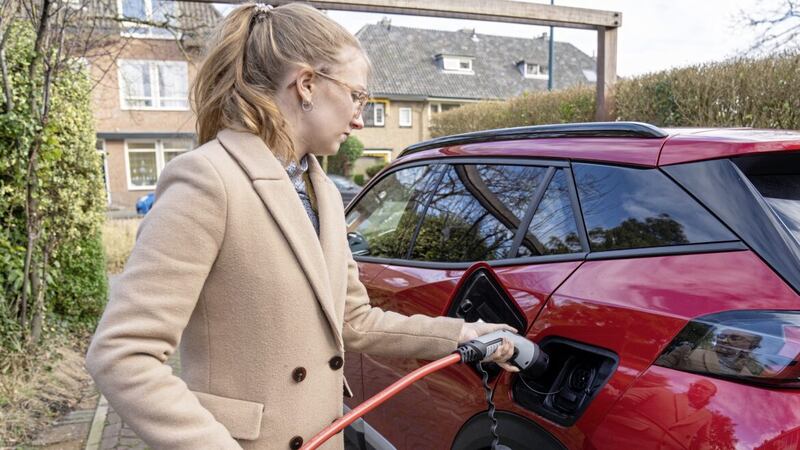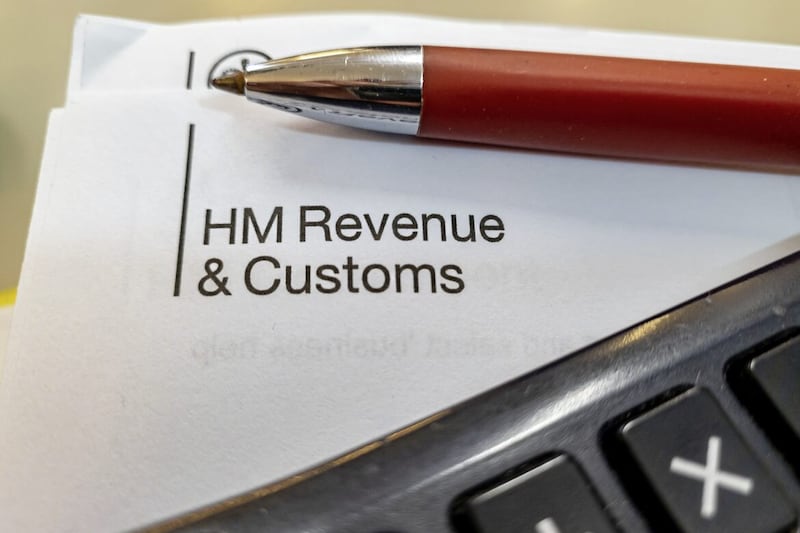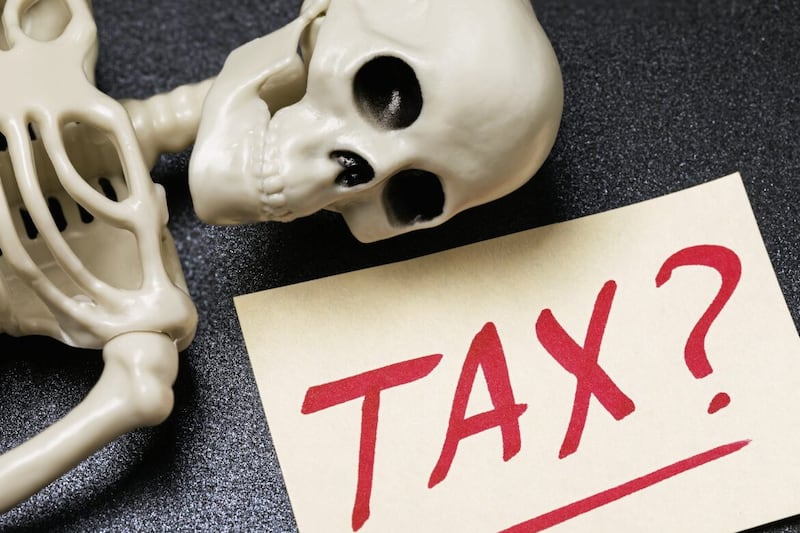QUESTION: I own a small company and I am due to change my car this year. I'm considering buying a hybrid or electric car. What are the tax implications.?
ANSWER: The provision of a company car is taxable on you as what is known as a ‘benefit in kind’ or BIK. It is the personal use of the car that gives ride to the BIK charge and there is also a significant fuel benefit BIK if the company provides you with fuel for private motoring
The benefit in kind (BIK) is a notional figure which you will be taxed on, and which is supposed to represent the effective amount of remuneration you have received by being provided with the car. You must pay tax on the deemed remuneration and the amount of this will dictate the amount of National Insurance Contributions the employer has to pay (termed Class 1A).
The BIK value is calculated based on several factors including the type of fuel used by the car, the carbon dioxide (CO2) emissions and the UK manufacturers list price for the vehicle. Note it is irrelevant what the company pays for the vehicle as BIK is based on the manufacturers list price.
To this BIK percentage HMRC adds 4 per cent based on other emission factors such as the use of diesel fuel. This enables the company to arrive at a cash value and this is returned on a form P11D in July of each tax year. The maximum amount that you could pay under BIK is 37 per cent of the vehicle list price.
A significant change occurred in the 2020/21 tax year with the introduction of a 0 per cent BiK rate for electric cars registered from April 6 2020. This has now risen to 2 per cent for the current 2022/23 tax year and will stay at this level until at least April 2024.
These low rates have also been retrospectively applied to electric company cars registered before April 6 2020, along with hybrid cars registered after this date that emit under 50g/km of CO2 and are capable of a pure electric range of 130 miles (at present, there’s no hybrid model on sale in the UK that meets this criteria).
Pure electric cars do not suit higher mileage drivers and with the increasing focus on green technology and the governments attempts to reduce congestion and CO2 emission levels, hybrid vehicles have a much lesser BIK percentage and for the current tax year the BIK percentage ranges from 2 per cent to 14 per cent on a sliding scale depending on how far the car can travel solely on its electric motor.
The benefit of a hybrid is that the electric power can be saved until the driver is in congested traffic however the car is still capable of typically 400 miles of travel after re-fuelling and charging.
The issue with Hybrid and electric vehicles however is that they tend to cost significantly more than their petrol/diesel equivalents. Nevertheless, with many electric companies offering ultra-low tariffs between midnight at 7am, the cost of re-charging an electric or hybrid car is a fraction of the cost of a tank of fuel to cover an equivalent distance.
As a company owner you will also be interested in the tax implications of the car purchase for the company. The company can claim a special form of depreciation called “Capital Allowances” on the car.
These capital allowances offset a percentage of the car cost against the company profits. For ultra-low emission vehicles this is 100 per cent of the cost, falling to 6 per cent of the cost for the highest carbon dioxide emitting vehicles.
:: Paddy Harty (p.harty@fpmaab.com) is partner at FPM Accountants Ltd (www.fpmaab.com). The advice in this column is specific to the facts surrounding the question posed. Neither the Irish News nor the contributors accept any liability for any direct or indirect loss arising from any reliance placed on replies








